AInsights: Executive-level insights on the latest in generative AI….
NVIDIA’s Jensen Huang says teaching children how to code is no longer the goal, AI is meant to make programming, human
At the World Government Summit NVIDIA’s Jensen Huang told the audience that children no longer need to learn how to code. Cue the brake screeching sound.
“I want to say something and it’s going to sound completely opposite of what people feel,” Jensen said on stage. “Over the course of the last 10 years, 15 years, almost everybody who sits on a stage like this would tell you it is vital that your children learn computer science.”
He continued, “Everybody should learn how to program. And in fact, it’s almost exactly the opposite. It is our job to create computing technology such that nobody has to program and that the programming language is human. Everybody in the world is now a programmer. This is the miracle of artificial intelligence. The countries, the people that understand how to solve a domain problem in digital biology or in education of young people or in manufacturing or in farming, those people who understand domain expertise now can utilize technology that is readily available to you.”
We don't need to teach our children how to code according to @NVIDIA's Jensen Huang.
*cue the record scratch*
He may be right! What if we learn how to be more productive, creative, imaginative, curious, and inventive in how we work with AI?
"I want to say something and it's… pic.twitter.com/rT7MEYt4vh
— Brian Solis (@briansolis) February 25, 2024
AInsights
Huang’s take is as controversial as it is necessary. There’s a reason it’s sparked debate and thought. In the spirit of what he’s saying, what we really need to focus on are the skills, subjects, and experiences that prepare students for a future that’s under constructions.
I learned programming in school. Granted, what I learned is no longer relevant in the world of programming, but I did learn the importance of logical, algorithmic, critical, and outcomes-based thinking. While AI tools can aid in certain tasks, they do not replicate the cognitive processes and learning experiences essential for academic growth and skill development, and ultimately, their success in the future workforce (and ours!)
Think of AI as your cognitive exoskeleton, it is your co-pilot in augmenting everything you do, at every step. AI is your key to intelligence-as-a-service. But it is your prompts, your imagination, your creativity, your resilience, that sets your AI-powered outcomes apart from others.
OpenAI gives ChatGPT memory, a super cookie that learns how to personalize and optimize AI generated output for you
OpenAI announced that it is integrating memory into ChatGPT to improve its ability to learn over time and personalize responses. This memory feature enables ChatGPT to remember details such as user preferences, names, occupations, and personal likes and dislikes, leading to more personalized and contextually relevant conversations.
Users can ask ChatGPT to remember something specific or let it learn on its own. The idea is that ChatGPT gets better as you use it.
Here are some of the use cases that OpenAI has shared:
- You’ve explained that you prefer meeting notes to have headlines, bullets and action items summarized at the bottom. ChatGPT remembers this and recaps meetings this way.
- You’ve told ChatGPT you own a neighborhood coffee shop. When brainstorming messaging for a social post celebrating a new location, ChatGPT knows where to start.
- You mention that you have a toddler and that she loves jellyfish. When you ask ChatGPT to help create her birthday card, it suggests a jellyfish wearing a party hat.
- As a kindergarten teacher with 25 students, you prefer 50-minute lessons with follow-up activities. ChatGPT remembers this when helping you create lesson plans.
If you create or use GPTs, it’s also important to note that GPTs will also have their own distinct memory.
AInsights
Personalization is becoming pervasive as apps, websites, and now chatbots become increasingly intelligent. We were and are ‘wowed’ by the capabilities of generativeAI. But now we also are learning to expect more. As we master collaboration with AI, it’s helpful to know that we’re not the only side of the equation learning. ChatGPT memory will enhance future conversations by anticipating our needs, remembering our preferences, and helping us get better on the platform. It will also ensure continuity, helping us pick up where we left off, as if it had been thinking about our last conversation even though we stepped away.
All-in-all, increased speed to outcomes, personalized responses, increased efficiency, will help us learn and grow with our AI cognitive exoskeleton.
Google Gemini 1.5 is accelerating development to more effectively compete against ChatGPT and Claude
Since its massive “code red” scramble in December 2022, Google has been racing to catch up with Bard, and now Gemini 1.5.
For power users, this is a big deal because though it comes standard with a 128,000 token context window, some developers and enterprise customers are getting access to 1 million tokens. This means that Google’s Gemini model (multimodal) can process more information, context, and produce greater results accordingly.
https://twitter.com/minchoi/status/1758166546822701158
AInsights
What does this all mean? What are tokens and why should you care?
Well, if you are a power user or aspire to become one, tokens are the equivalent of compute power and capacity. The more you feed it, the more it can process for you.
This means 1.5 Pro can process vast arrays of information — including 1 hour of video, text with 700,000 words, 11 hours of audio, codebases with over 30,000 lines of code or over 700,000 words. Google claims in its research that they’ve also successfully tested up to 10 million tokens.
Following are examples of use cases, outcomes, and the tokens required to execute.
Complex Reasoning
Understanding and Reasoning Across Modalities
Relevant Problem-Solving with Longer Blocks of Code
Three AI alternatives to Google search
Jeremy Caplan over at FastCompany published a helpful article that helps users discover new use cases that go beyond traditional Google search. Caplan lists Perplexity, Dexa, and Arc Search as his go-to AI apps and includes very specific examples for each.
Choose Perplexity over Google when . . . you have a narrow query like “are moon cacti found in the wild?” Check out how the Google result is less helpful than the Perplexity result.
Perplexity
Try Perplexity with a highly specific subject. Gloria, author of The Learning Curve newsletter, shared with Caplan that she relies on Perplexity when she needs highly tailored responses or recommendations for specific scenarios. I use it because it also includes references in its results for additional reference.
Dexa
Try Dexa when you need a particular insights shared by experts in forums such as podcasts. Rather than analyzing the broader Web like Perplexity, Dexa focuses exclusively on podcast content.
The app identifies relevant episodes and links to the moment where your topic is addressed. You can watch or listen to the original content, or read a quick summary.
Arc Search
Arc Search is a mobile browser app designed to enhance the search experience by providing quick and distraction-free summaries as a custom webpage. Make sure to use its “Browse for me” feature to activate AI. Like Perplexity, reveals its sources for further reference and study.
AInsights
I use Perplexity as my day-to-day “answers engine.” It is helpful when I need quick and trust synopses. I will try using Dexa when I need to reference podcast conversations with my favorite experts. Arc Search also seems promising, however, it’s currently limited to iOS and I’m awaiting its cross platform functionality to use on my Mac as well!
All-in-all, these are solid tools and I’m constantly on the look out for productivity hacks and boosters.
It makes me wonder how much of this Google couldn’t just replicate at some point, or if it aims to focus on competing against ChatGPT and Claude, among others, for now.
Please subscribe to AInsights.
Please subscribe to my master newsletter, a Quantum of Solis.

Brian Solis | Author, Keynote Speaker, Futurist
Brian Solis is world-renowned digital analyst, anthropologist and futurist. He is also a sought-after keynote speaker and an 8x best-selling author. In his new book, Lifescale: How to live a more creative, productive and happy life, Brian tackles the struggles of living in a world rife with constant digital distractions. His previous books, X: The Experience When Business Meets Design and What’s the Future of Business explore the future of customer and user experience design and modernizing customer engagement in the four moments of truth.
Invite him to speak at your next event or bring him in to your organization to inspire colleagues, executives and boards of directors.
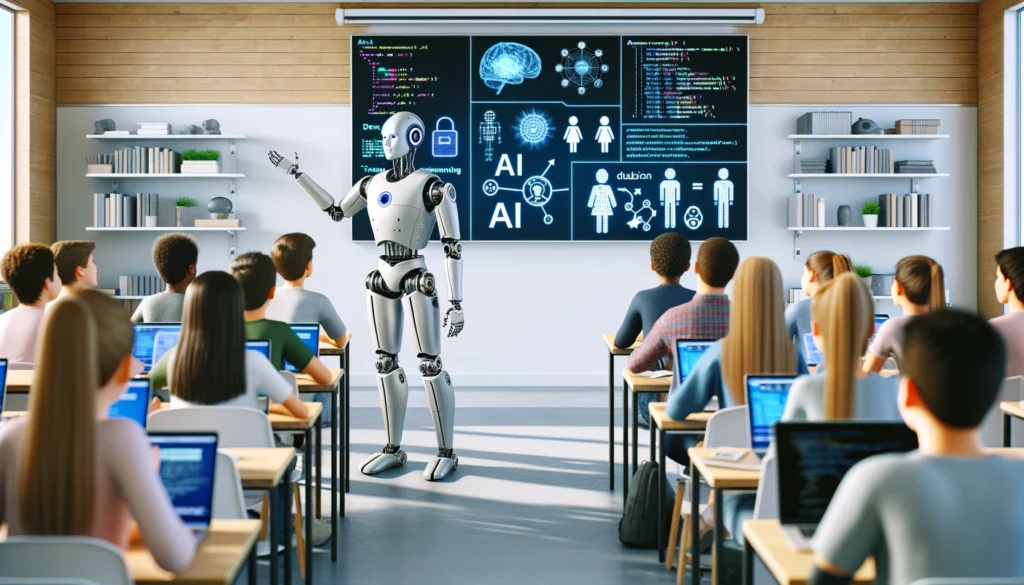
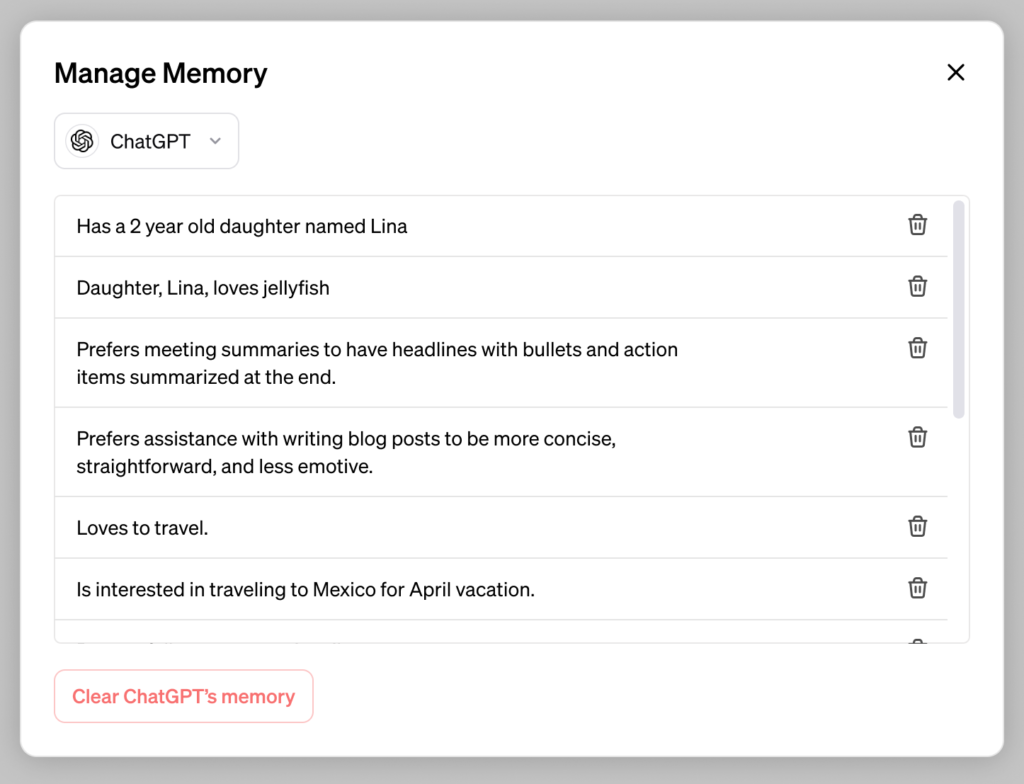
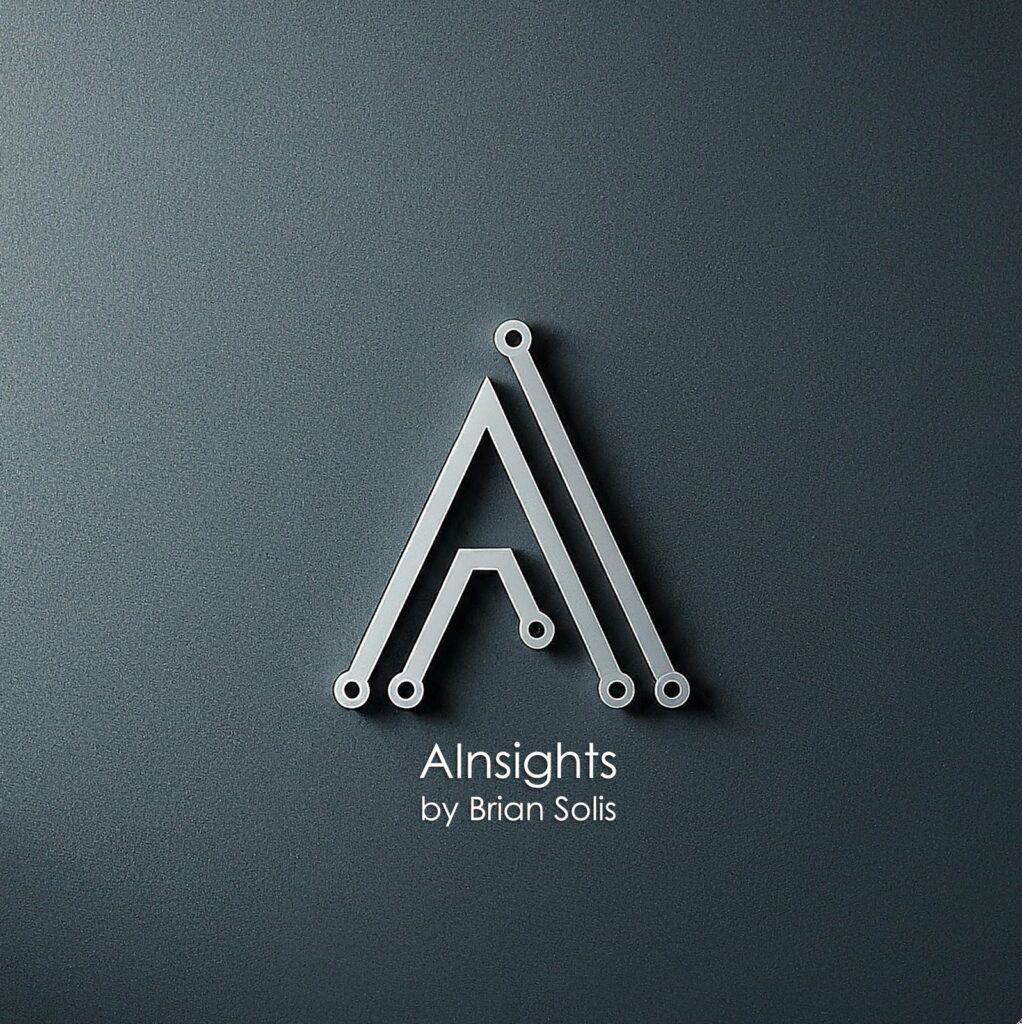
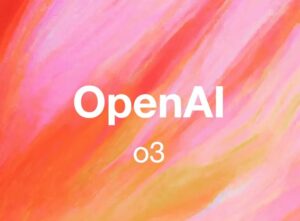

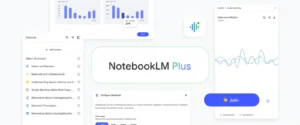


Leave a Reply